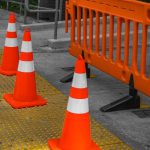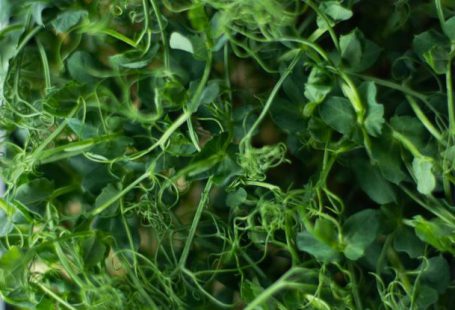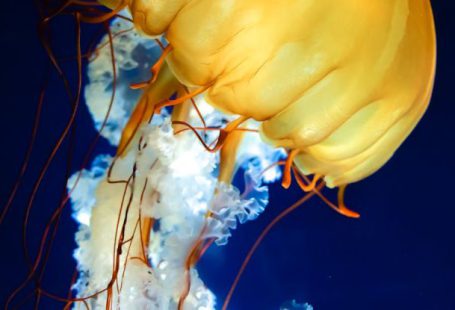Scuba diving is a thrilling experience that allows you to explore the underwater world and witness the beauty of marine life up close. However, one of the key challenges that divers face is managing their air consumption efficiently to prolong their time underwater. Improving your air consumption underwater is essential not only for extending your dive time but also for enhancing your overall diving experience. By employing some simple techniques and strategies, you can enhance your breathing control and optimize your air consumption during dives.
**Mastering Buoyancy Control**
Achieving proper buoyancy control is crucial for conserving air while diving. When you are properly weighted and able to maintain neutral buoyancy, you expend less energy and air trying to stay at the desired depth. Practice controlling your buoyancy by making small adjustments with your BCD and breathing. Avoid overinflating or deflating your BCD, as this can lead to unnecessary air loss and fluctuations in depth. By mastering buoyancy control, you can move effortlessly through the water and minimize your air consumption.
**Slow and Steady Breathing**
One of the most effective ways to improve your air consumption underwater is to focus on slow, deep breathing. Rapid, shallow breaths can cause you to use up your air supply quickly and increase your risk of hyperventilation. Instead, practice breathing slowly and steadily, taking deep inhales and exhales. This technique not only conserves air but also promotes relaxation and reduces stress while diving. By maintaining a calm breathing rhythm, you can extend your dive time and enjoy a more peaceful underwater experience.
**Reduce Exertion and Movement**
Excessive movement and exertion can significantly impact your air consumption while diving. Avoid unnecessary kicking and flailing, as this can cause you to burn through your air supply faster. Instead, focus on using efficient fin strokes and gentle movements to propel yourself through the water. Minimize sudden changes in direction and pace to conserve energy and air. By reducing exertion and movement, you can maintain a steady breathing rate and optimize your air consumption during dives.
**Stay Warm and Relaxed**
Staying warm and relaxed while diving can help improve your air consumption underwater. Cold water can cause your body to work harder to maintain its temperature, leading to increased air consumption. Wear appropriate exposure protection to stay warm and comfortable throughout your dive. Additionally, practice relaxation techniques such as mindful breathing and visualization to calm your mind and body underwater. By staying warm and relaxed, you can conserve energy, reduce stress, and enhance your breathing control while diving.
**Monitor Your Depth and Air Supply**
Keeping track of your depth and air supply is essential for managing your air consumption effectively. Maintain awareness of your depth using your dive computer or depth gauge, and avoid descending deeper than planned. Ascend slowly and perform safety stops to off-gas nitrogen and prevent decompression sickness. Regularly check your air gauge to monitor your remaining air supply and plan your dive accordingly. By staying informed and prepared, you can avoid running out of air prematurely and ensure a safe and enjoyable dive.
**Conclusion: Dive Smarter, Breathe Better**
Improving your air consumption underwater is a skill that can enhance your diving experience and allow you to explore the underwater world more efficiently. By mastering buoyancy control, practicing slow and steady breathing, minimizing exertion, staying warm and relaxed, and monitoring your depth and air supply, you can optimize your air consumption and extend your dive time. Dive smarter, breathe better, and enjoy longer, more fulfilling dives beneath the surface.





